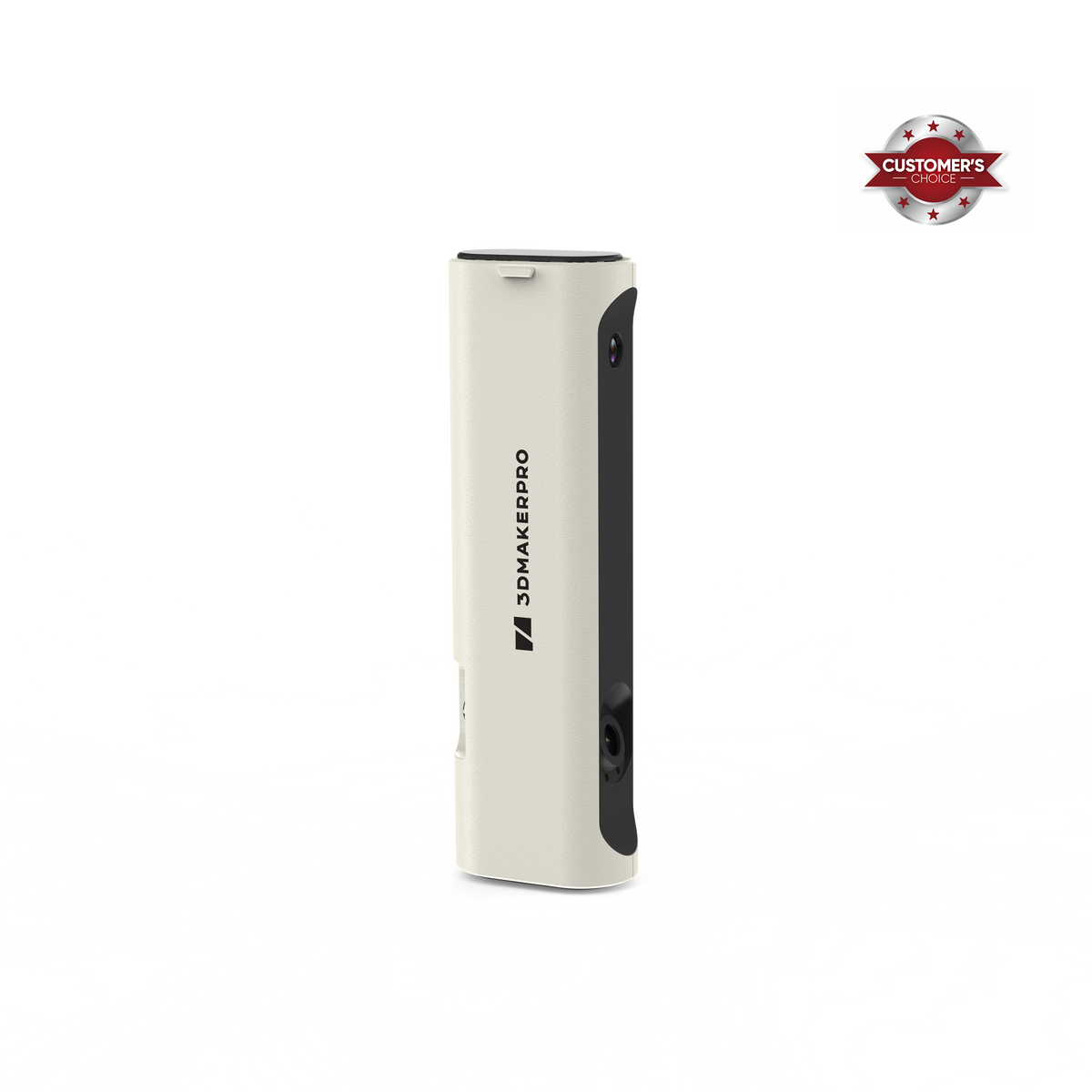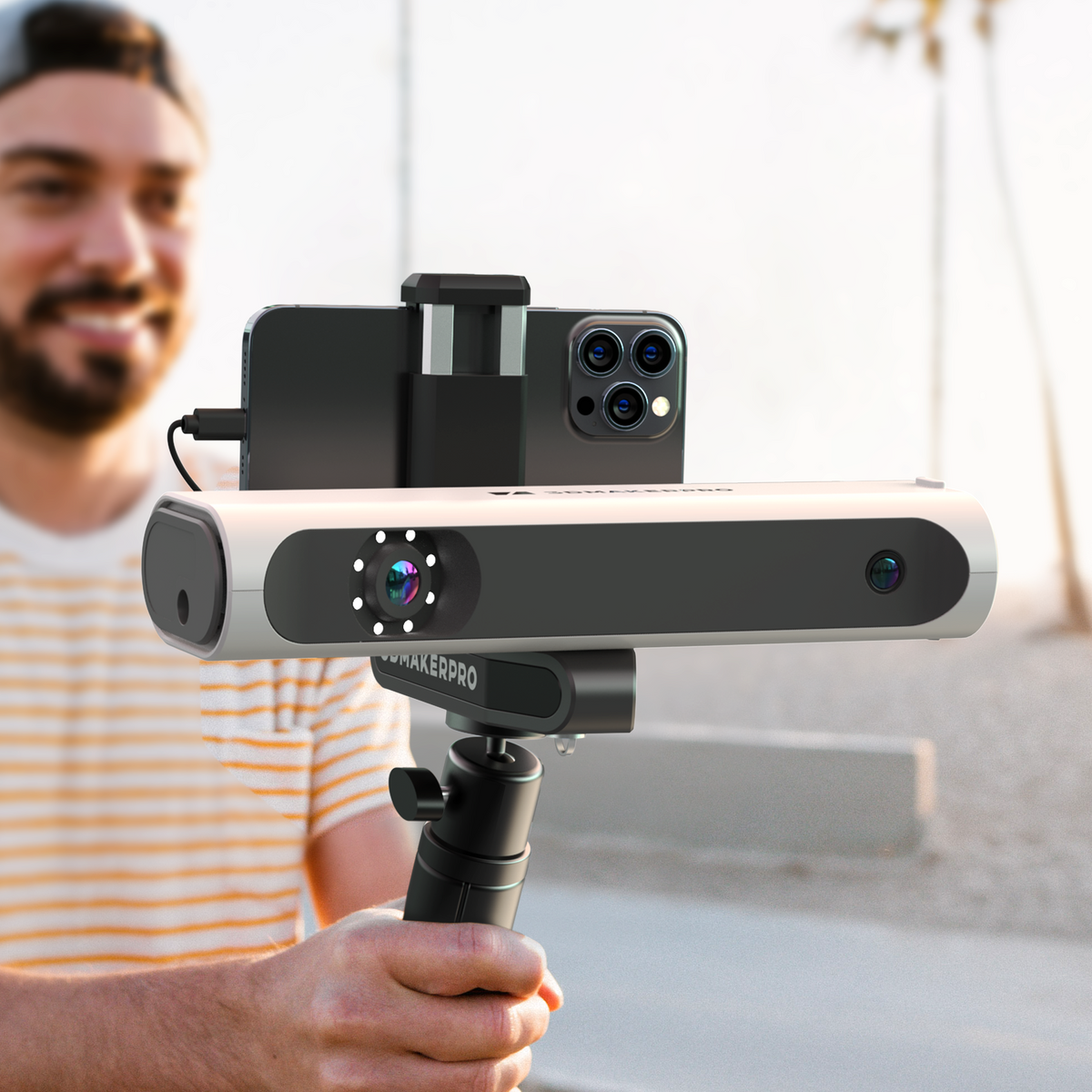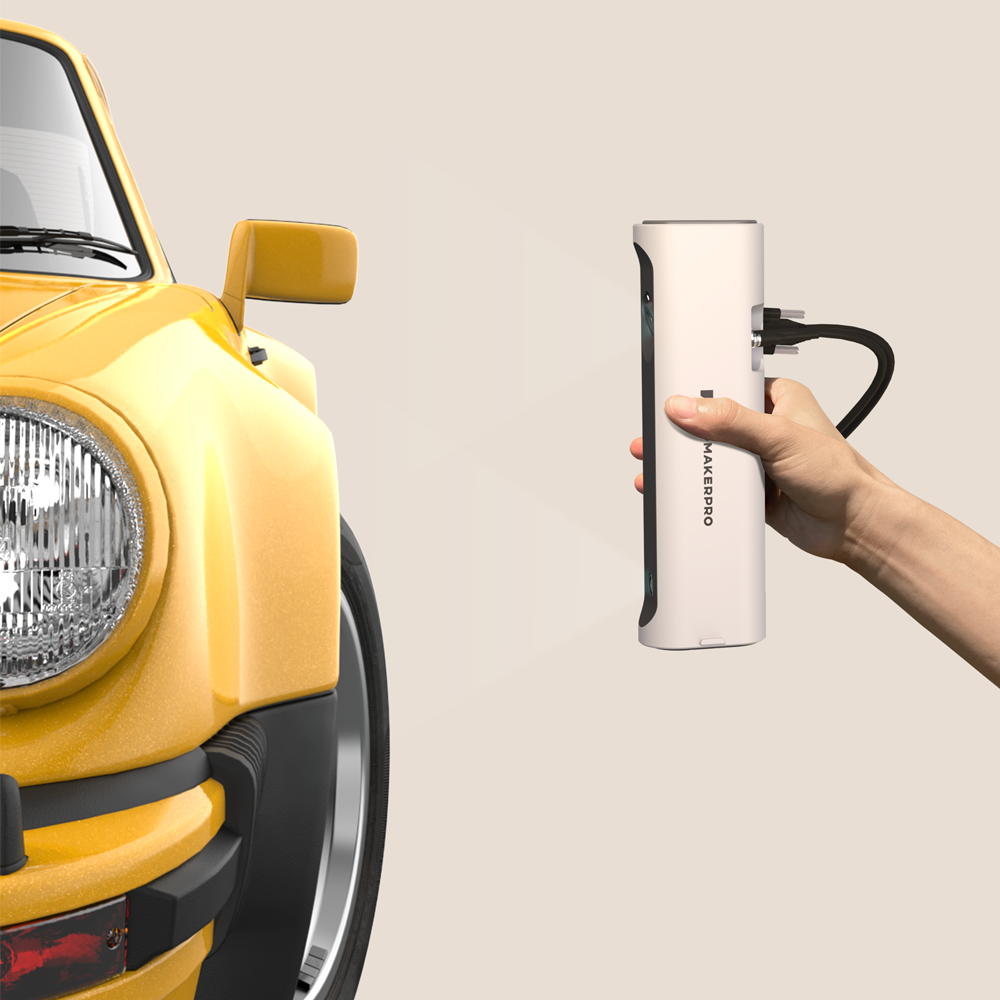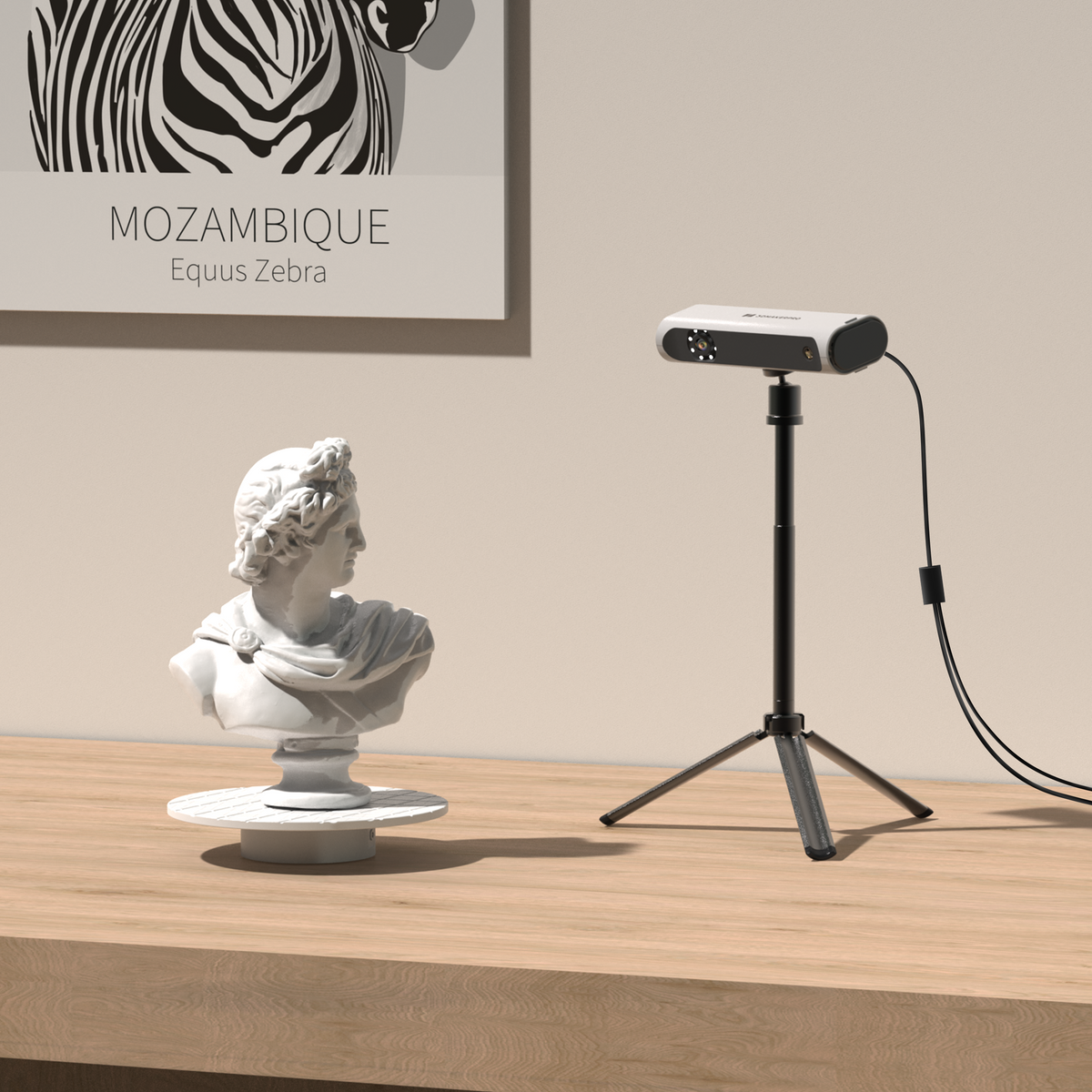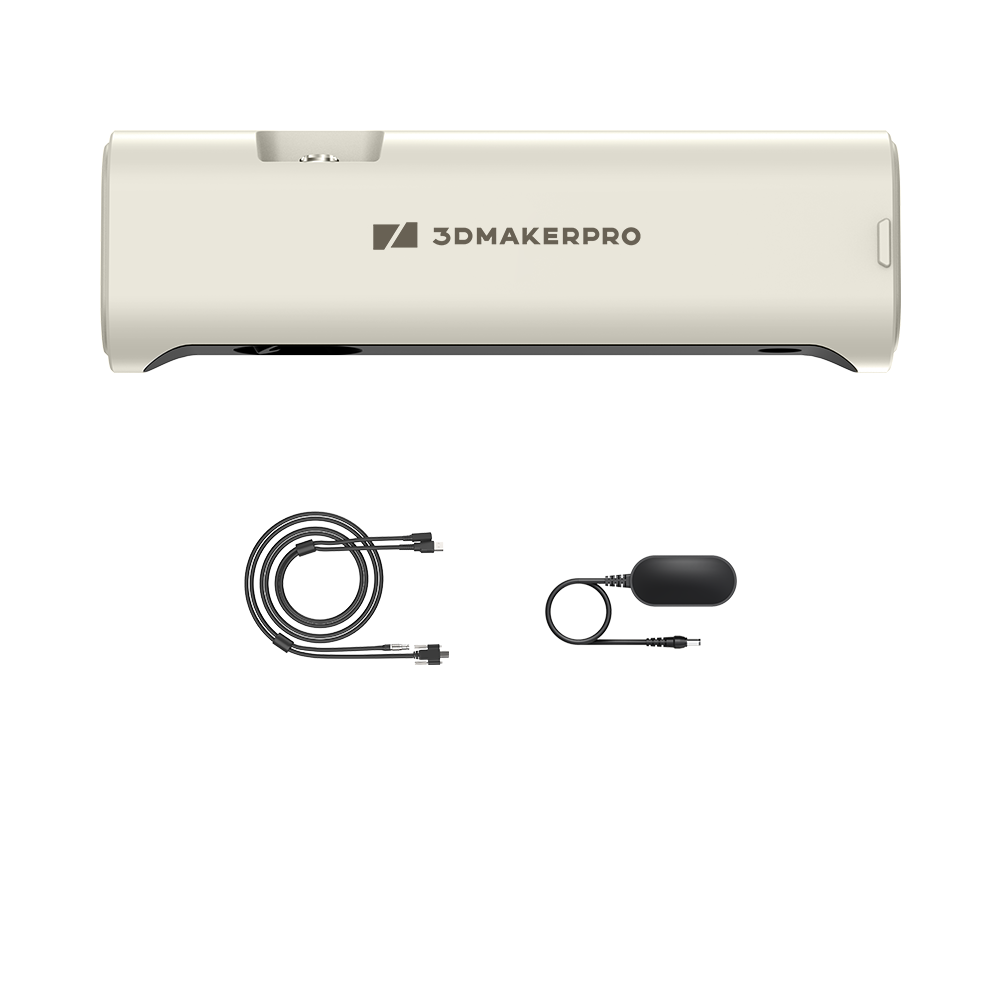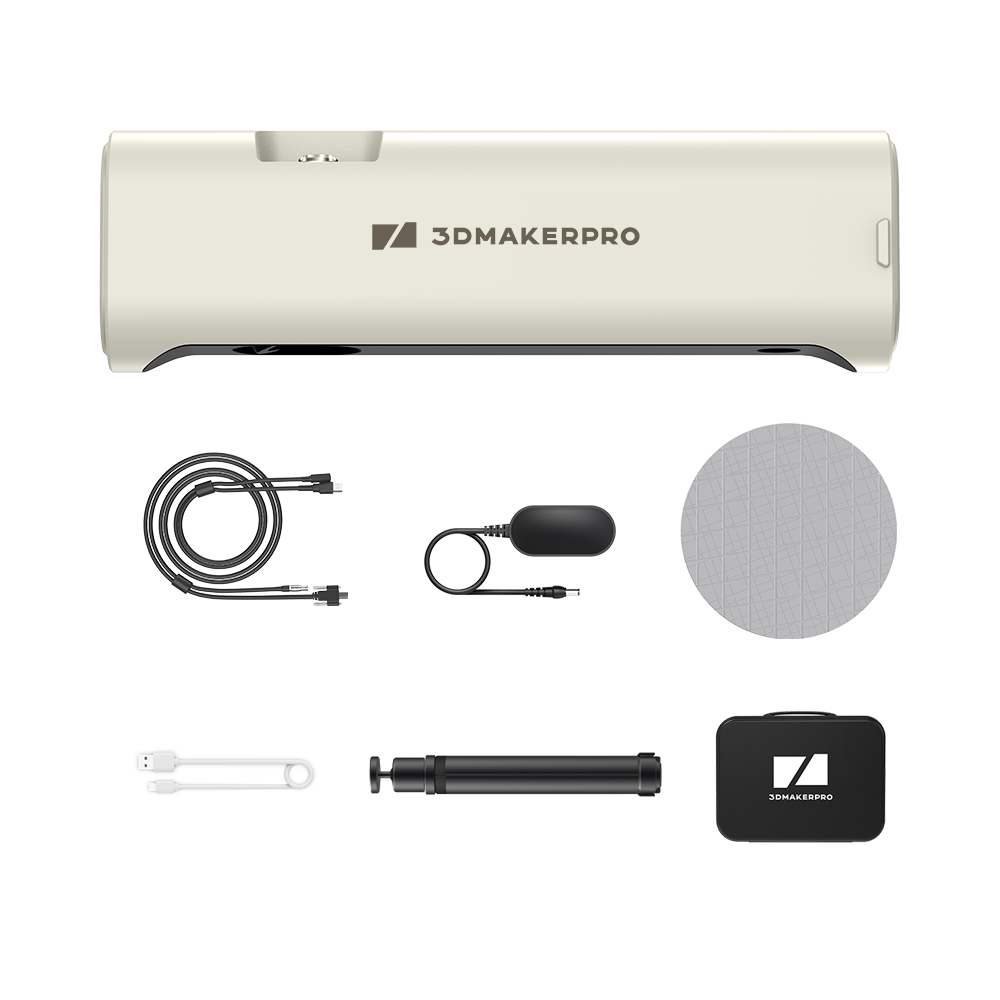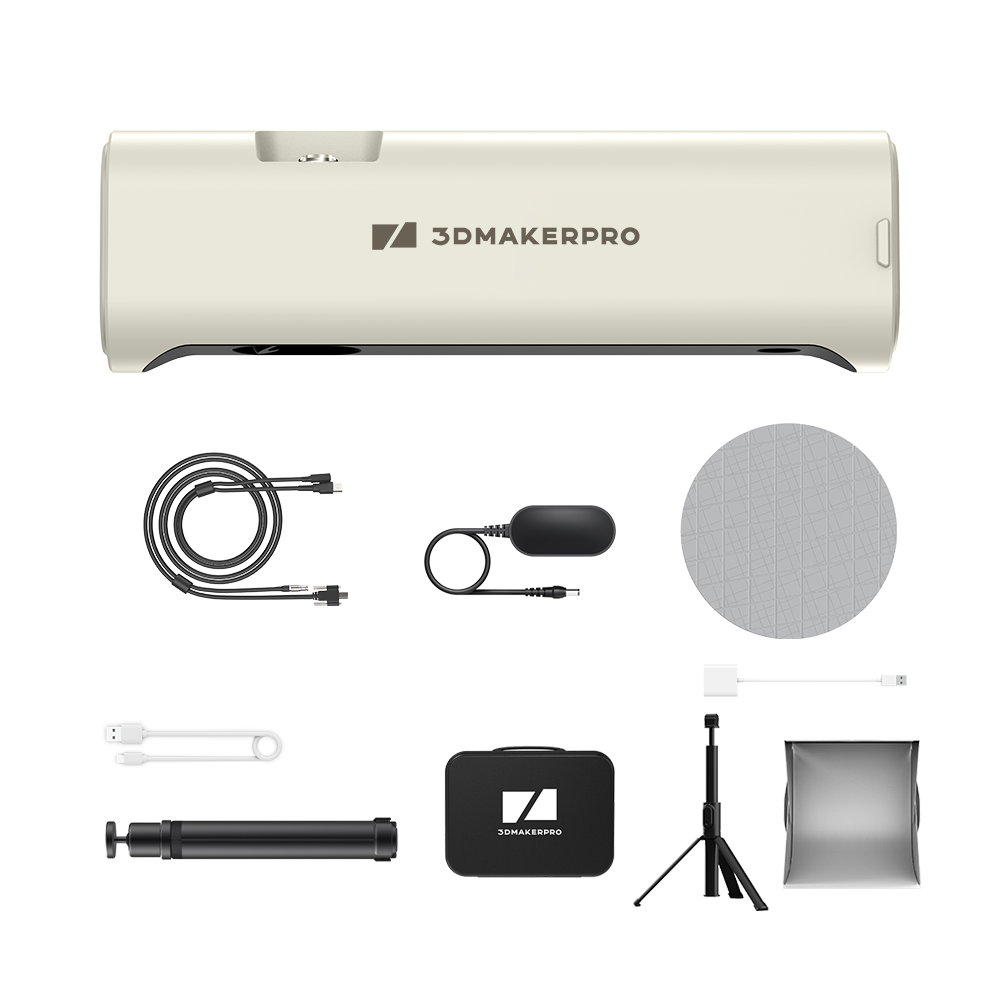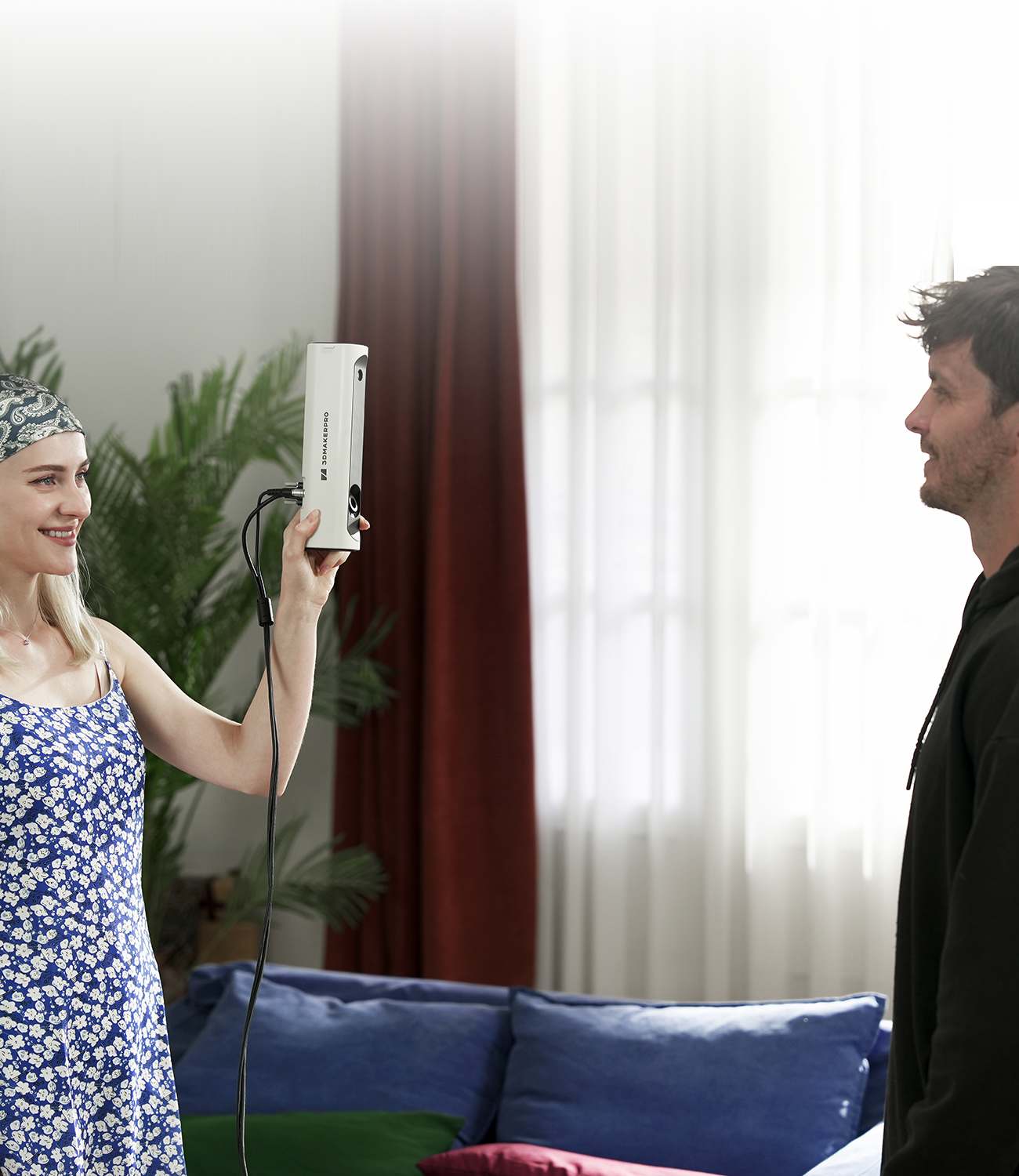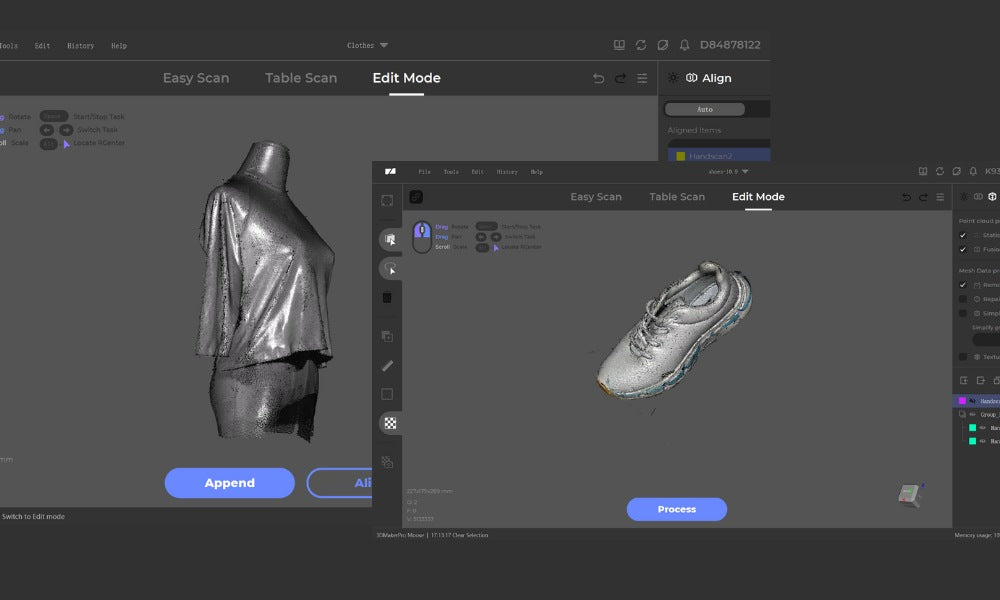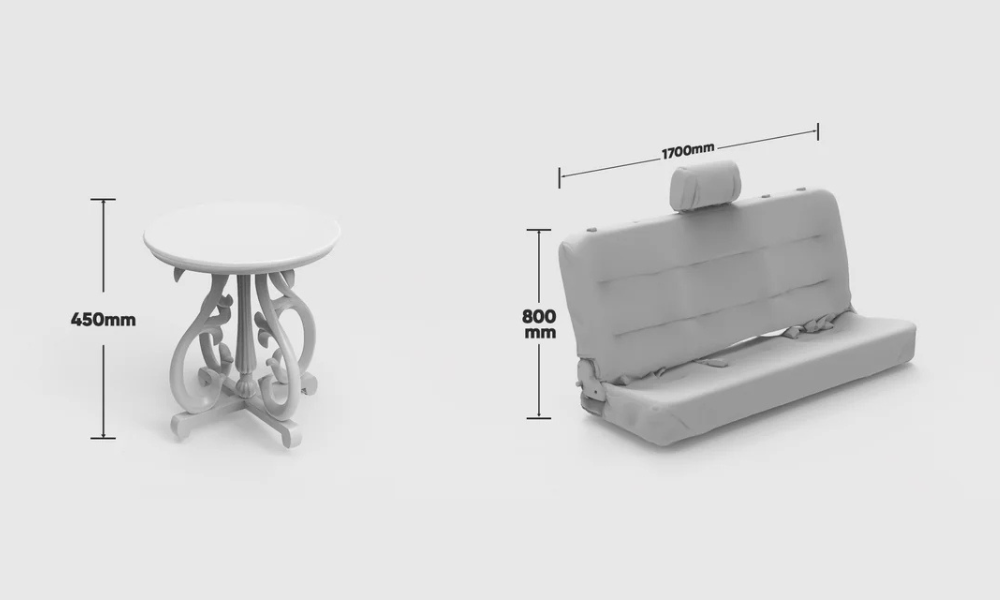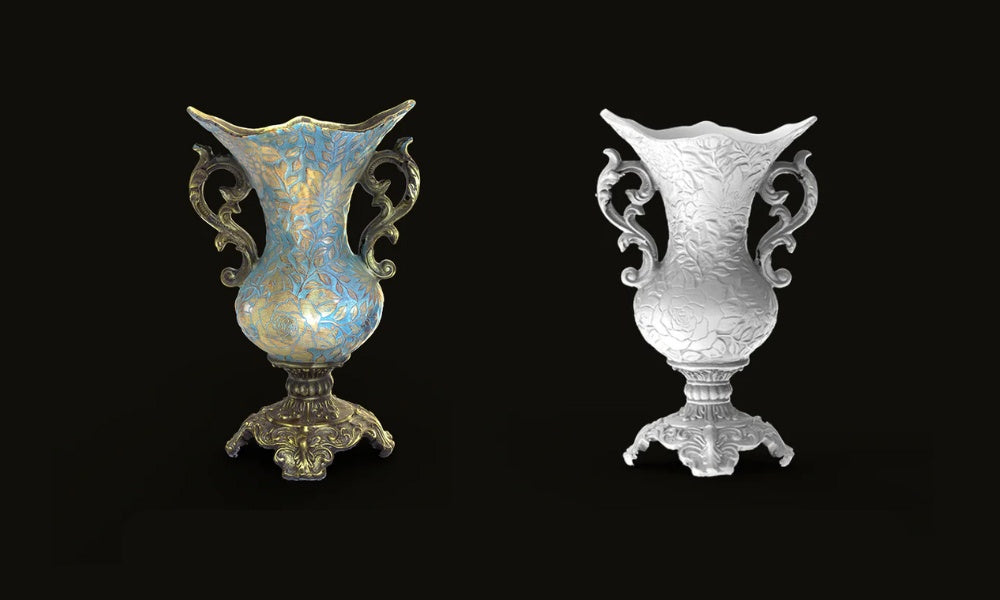Modèles 3D
Utilisez ce texte pour partager des informations sur votre marque avec vos clients. Décrivez un produit, partagez des annonces ou accueillez des clients dans votre magasin.
Fauteuil de scan Lynx par 3DMakerpro sur Sketchfab
Dessin de mode
L'intégration de la technologie de numérisation 3D dans l'industrie de la mode peut avoir un impact significatif. Les créateurs peuvent l'utiliser. Machines Lynx, connus pour leur vaste gamme de numérisation et leurs capacités d'imagerie rapide, pour numériser les vêtements, puis traiter et manipuler ces numérisations à l'aide Geomagic Wrap pour 3DMakerpro (Essentiel) Cette combinaison permet de créer sur mesure les dernières tendances, de renforcer l'identité de la marque et de donner vie à l'inspiration. Pour la conception de chaussures, la haute précision Scanner d'élan, avec son imagerie couleur et sa capture de texture détaillée, constitue une ressource inestimable pour les concepteurs, facilitant la création de chaussures innovantes.
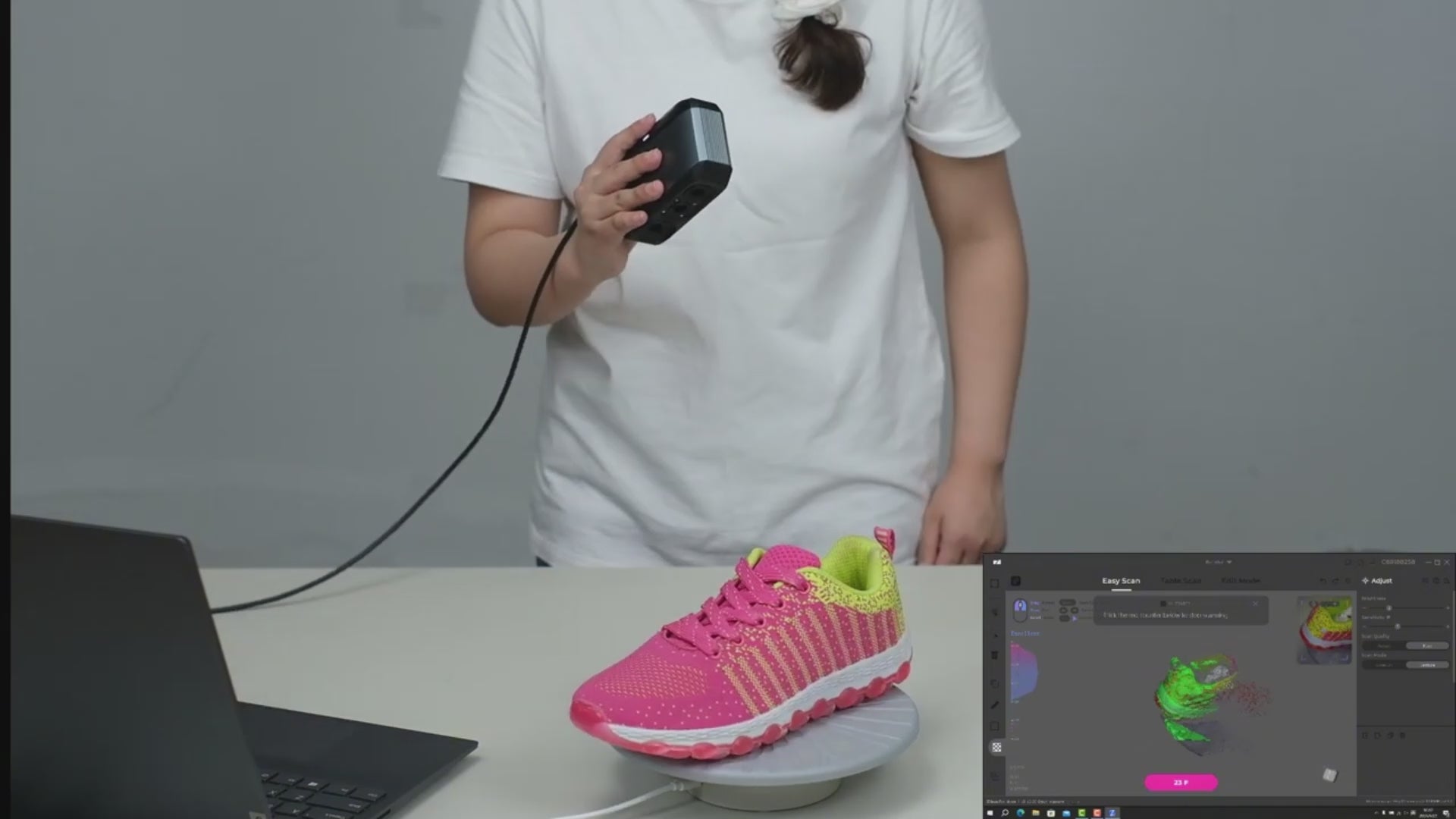
Titre
Conception de meubles
Le secteur du design de meubles bénéficie également grandement de la numérisation 3D. Les designers peuvent créer des pièces sur mesure, adaptées à des espaces spécifiques, rendant le processus de conception plus personnel et pertinent pour chaque consommateur. Cette technologie facilite la restauration de meubles anciens, permettant aux artisans de reproduire avec précision des détails complexes et de préserver le savoir-faire du passé tout en répondant aux besoins contemporains. Scanner Lynx fonctionnalités allarge plage de capture de 100 à 2000 mm, améliorant ainsi sa polyvalence dans diverses applications de conception.
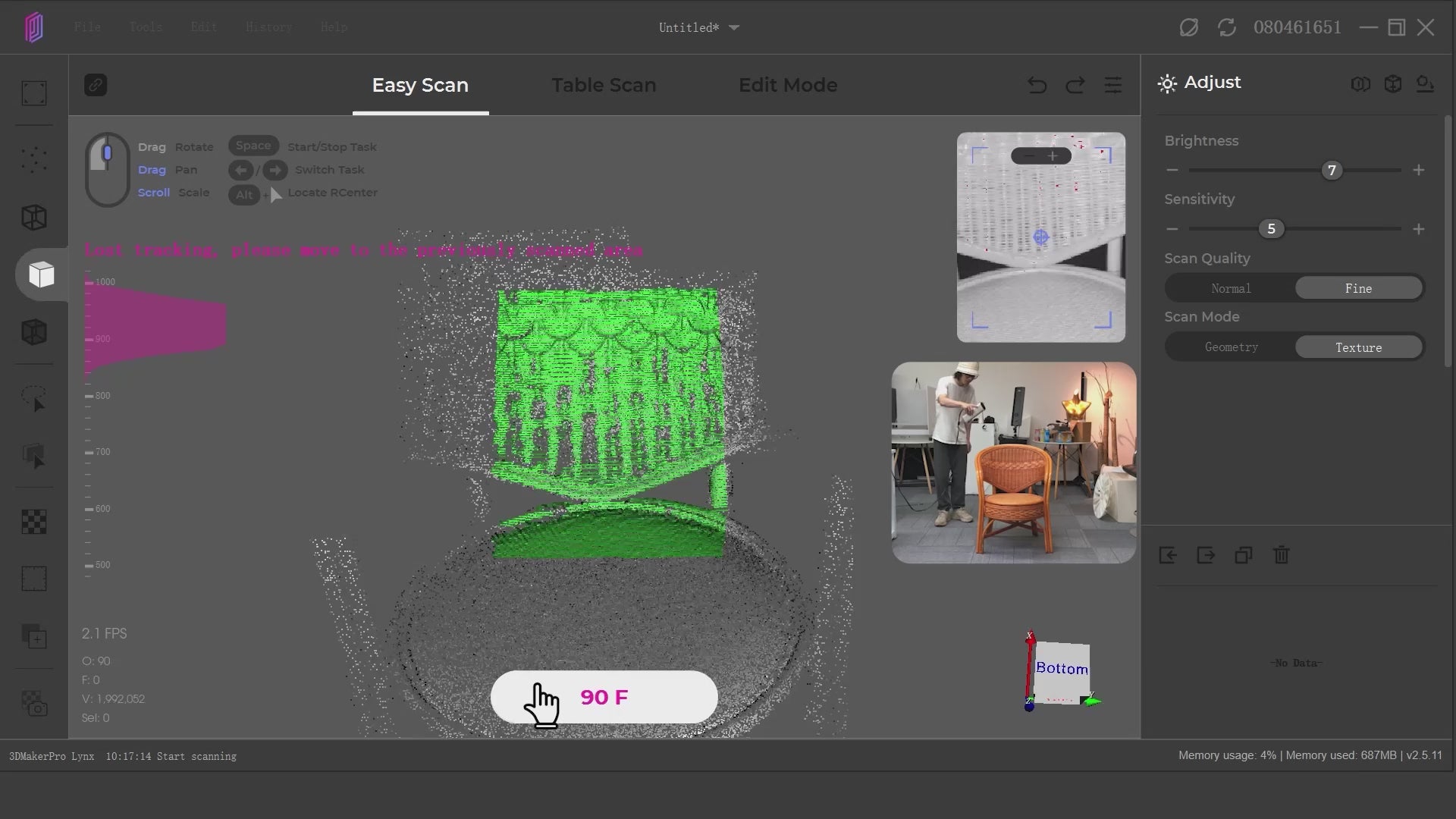
Titre
Préservation des œuvres d'art
Les scanners 3D jouent un rôle crucial dans la préservation des œuvres d'art. Les musées peuvent les utiliser. Scanners Lynx pour créer des modèles numériques d'objets de grande taille, tels que des pièces de porcelaine et des sculptures, destinés à des expositions et à la restauration d'objets. Parallèlement, les utilisateurs peuvent utiliser Scanners d'élans pour capturer des objets plus petits et plus fragiles, permettant ainsi de stocker des images et des documents à des fins de préservation. Cette technologie contribue non seulement à protéger le patrimoine culturel, mais aussi à le rendre accessible aux générations futures.
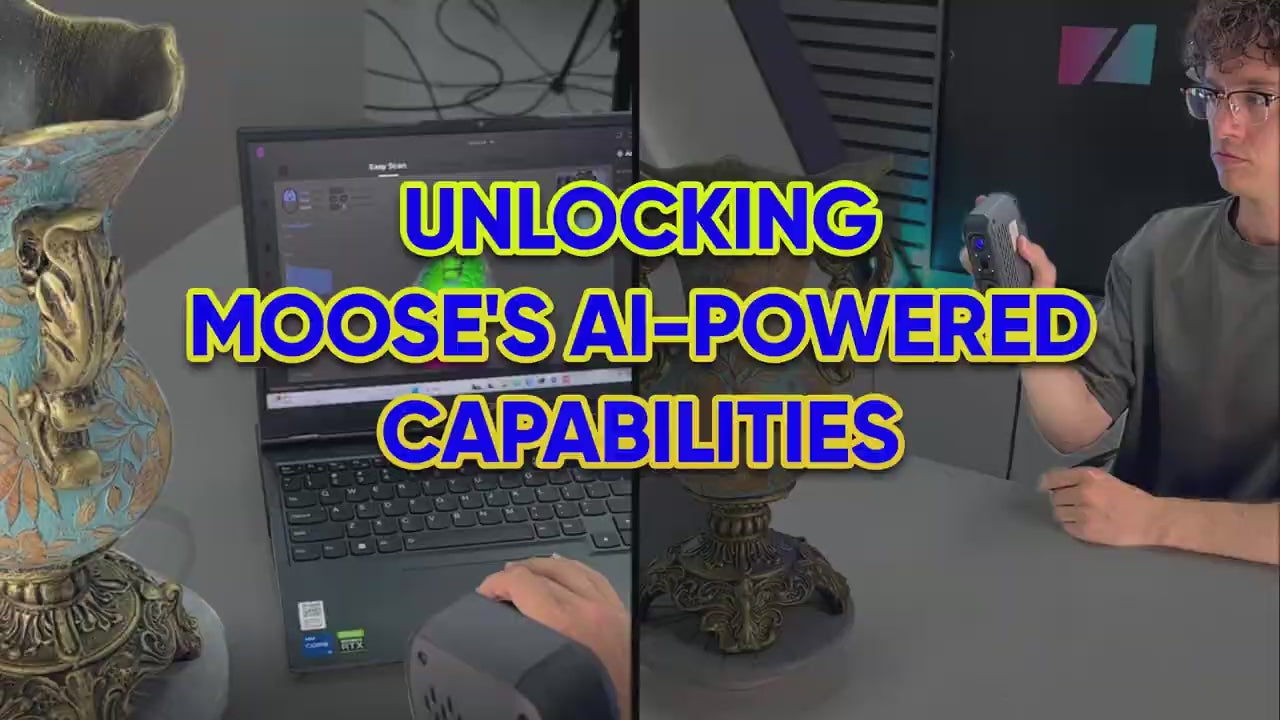
Titre
Comparer
Scanner Lynx V. S. Scanner d'élan
Donnez à vos clients des informations utiles sur vos produits et montrez les différences entre eux.
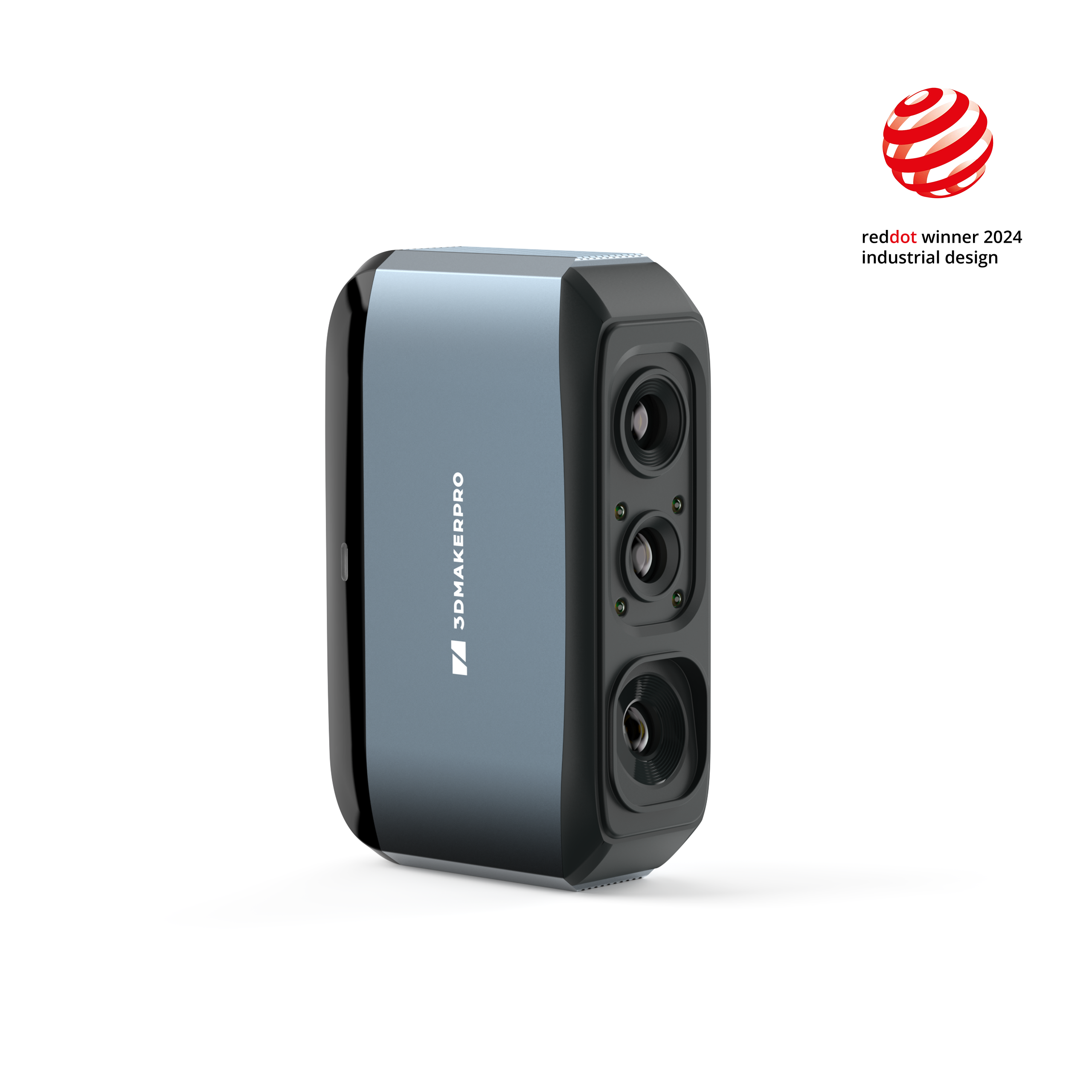
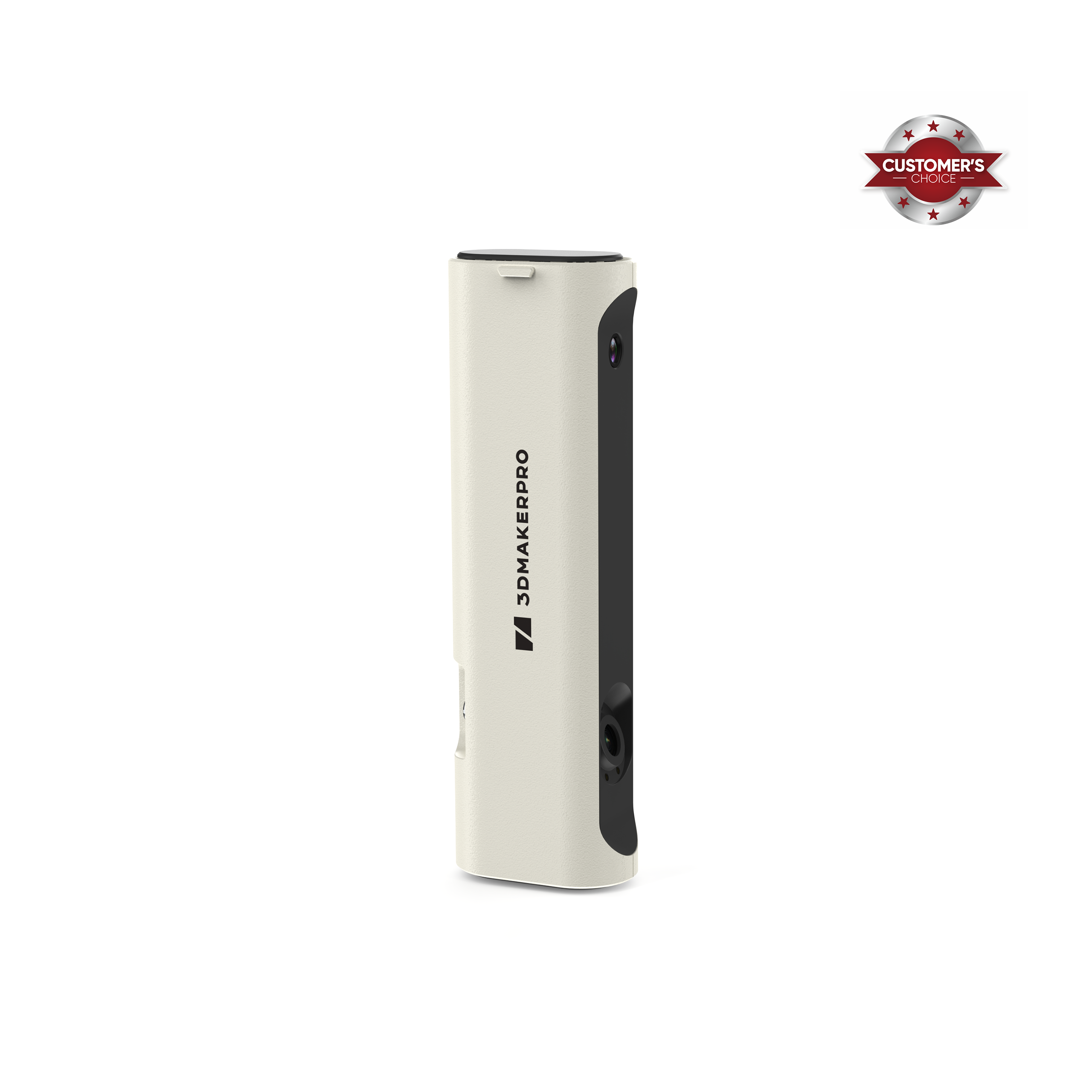


0,03 mm
0,10 mm
0,07 mm
0,30 mm
15-1500 mm
100-2000 mm
Suivi visuel par IA
Suivi visuel
150-400 mm
400-900 mm
200x100mm
250 x 400 mm
DEL bleue
NIR
Textures de couleurs 24 bits
Support étendu
115 × 70 × 35 mm
244x75x48mm
280g
800g
Histoires de réussite 1
Test du scanner LYNX de 3DMakerpro le comparant également au scanner Mole
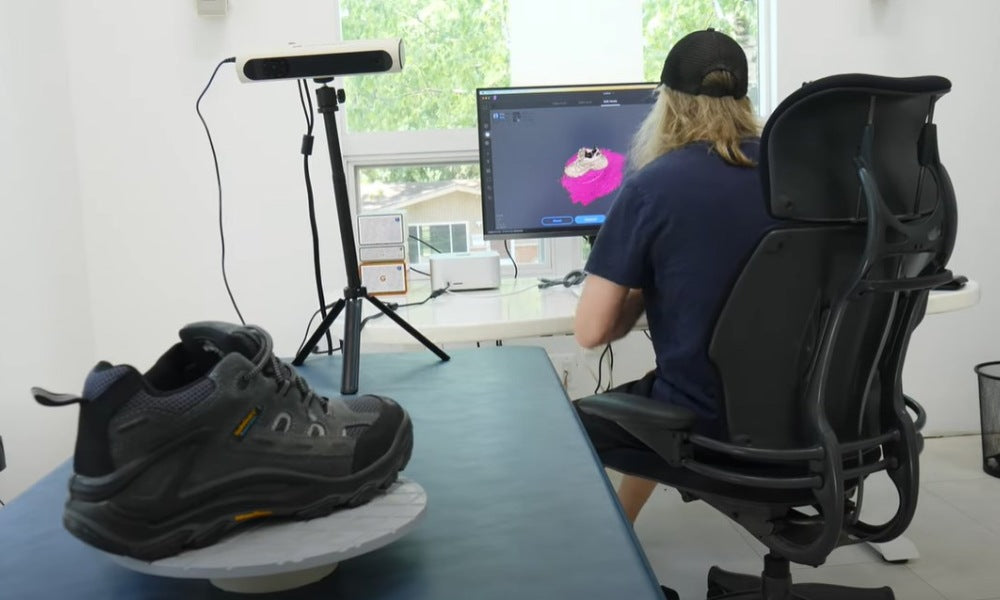
Titre
Histoires de réussite 2
Regardez cet homme scanner ses pieds et créer une semelle sur mesure parfaitement ajustée ! Scanner 3D Moose
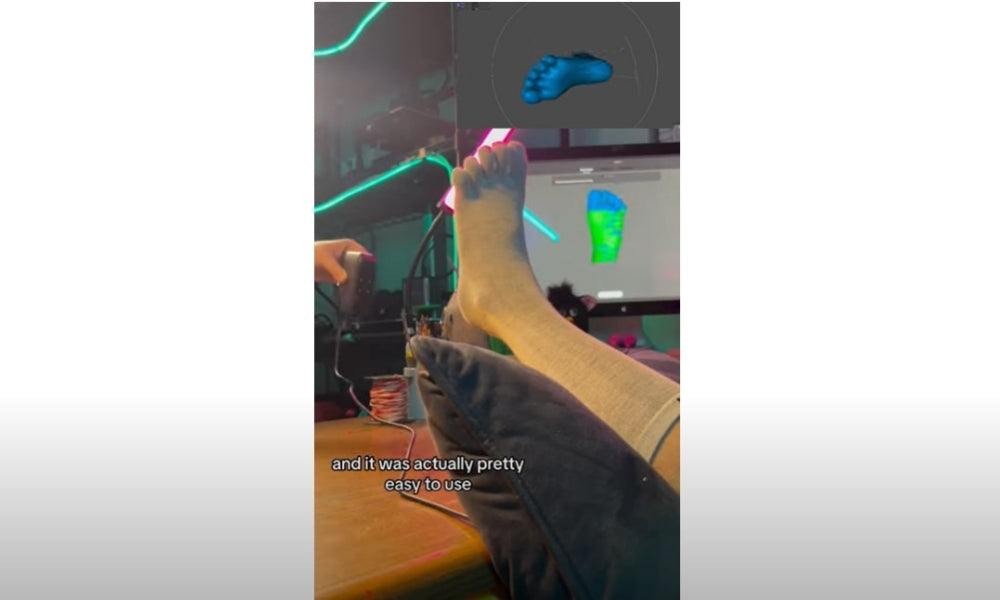
Titre
Histoires de réussite 3
Vous avez toujours rêvé d'une réplique miniature de votre canapé préféré ? #3dmakerpro #3dscanning
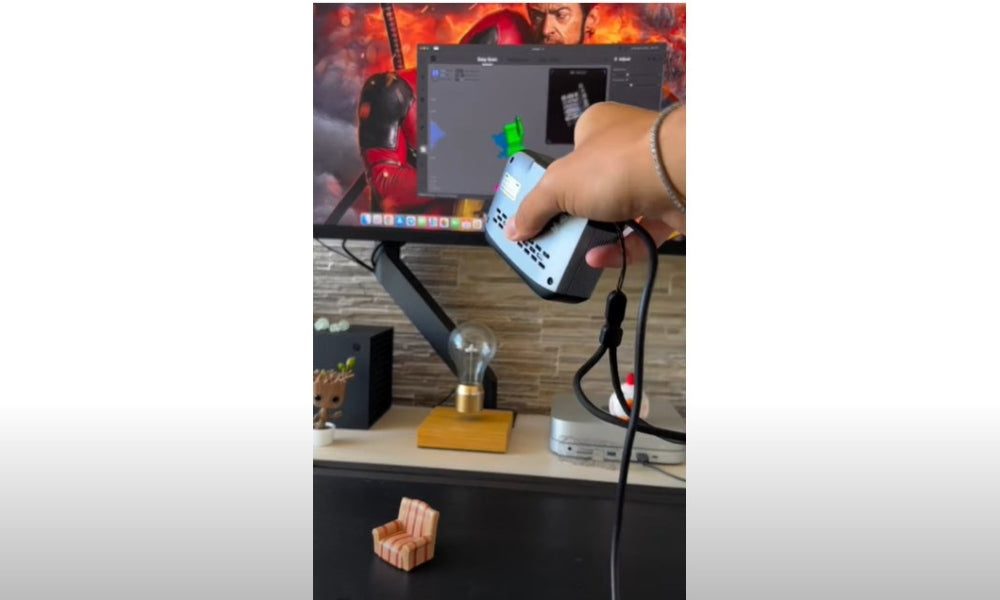
Titre
Histoires de réussite 4
Le 3DMakerPro Moose peut-il sauver ma sculpture grâce à la numérisation 3D ?
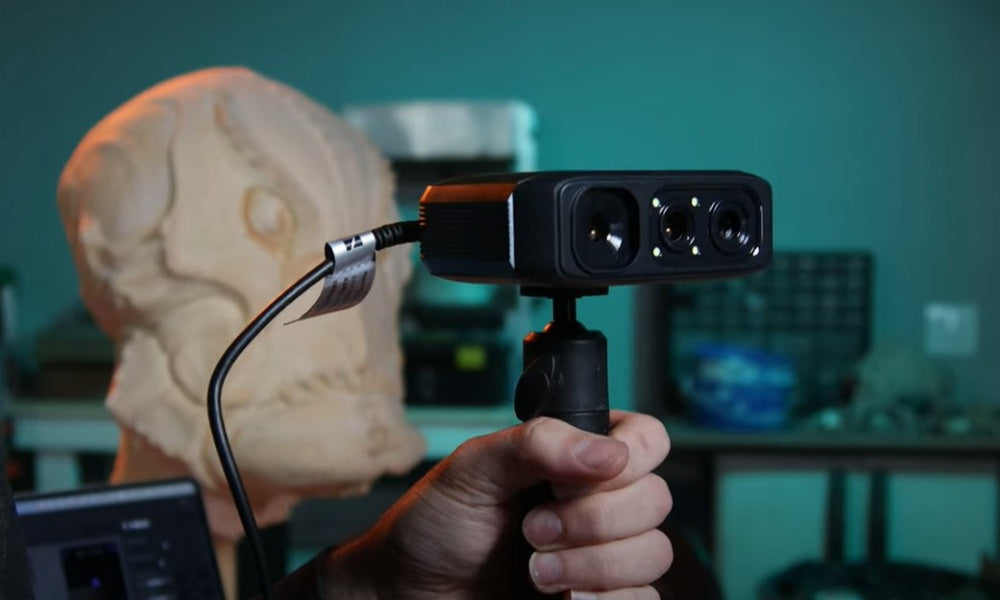
Titre
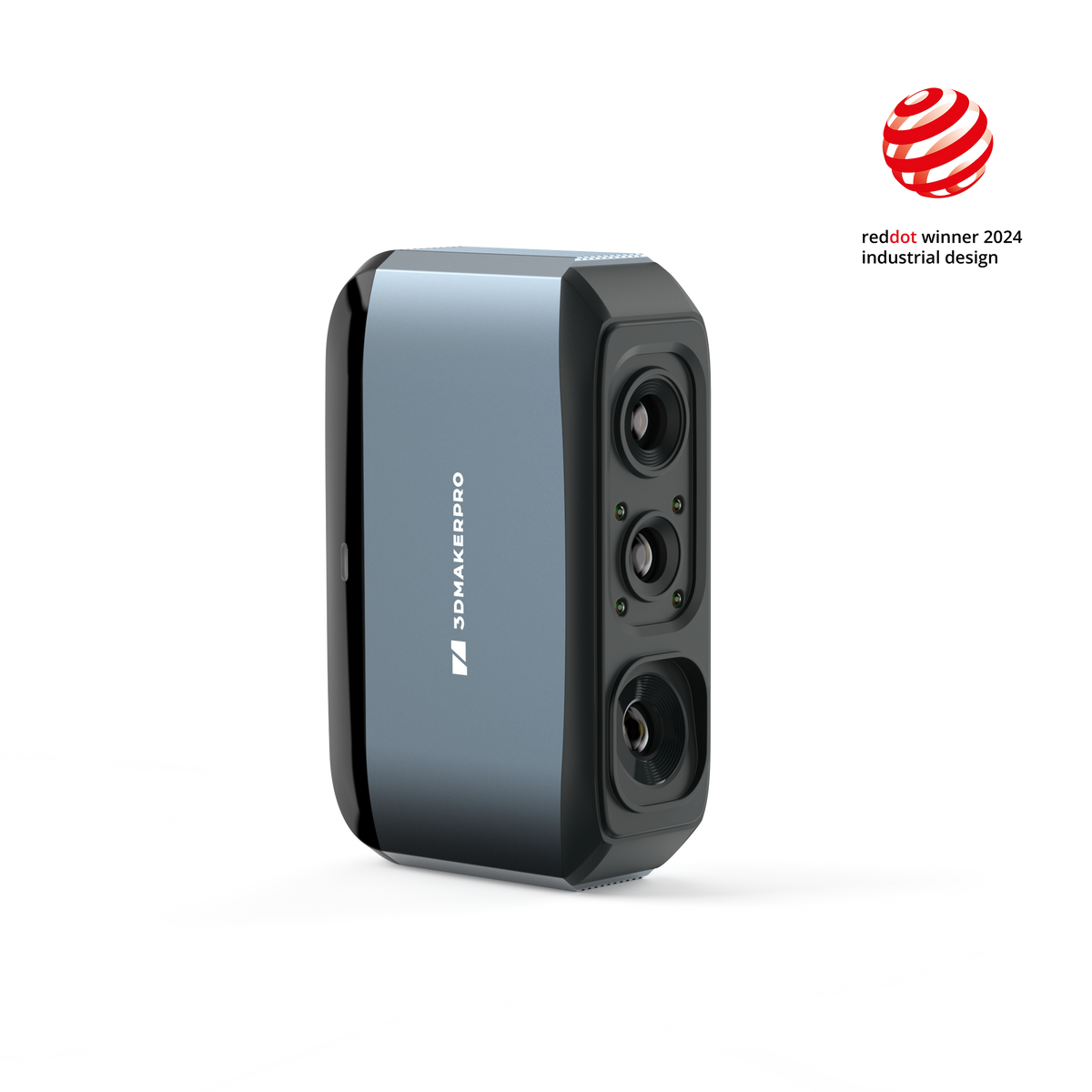
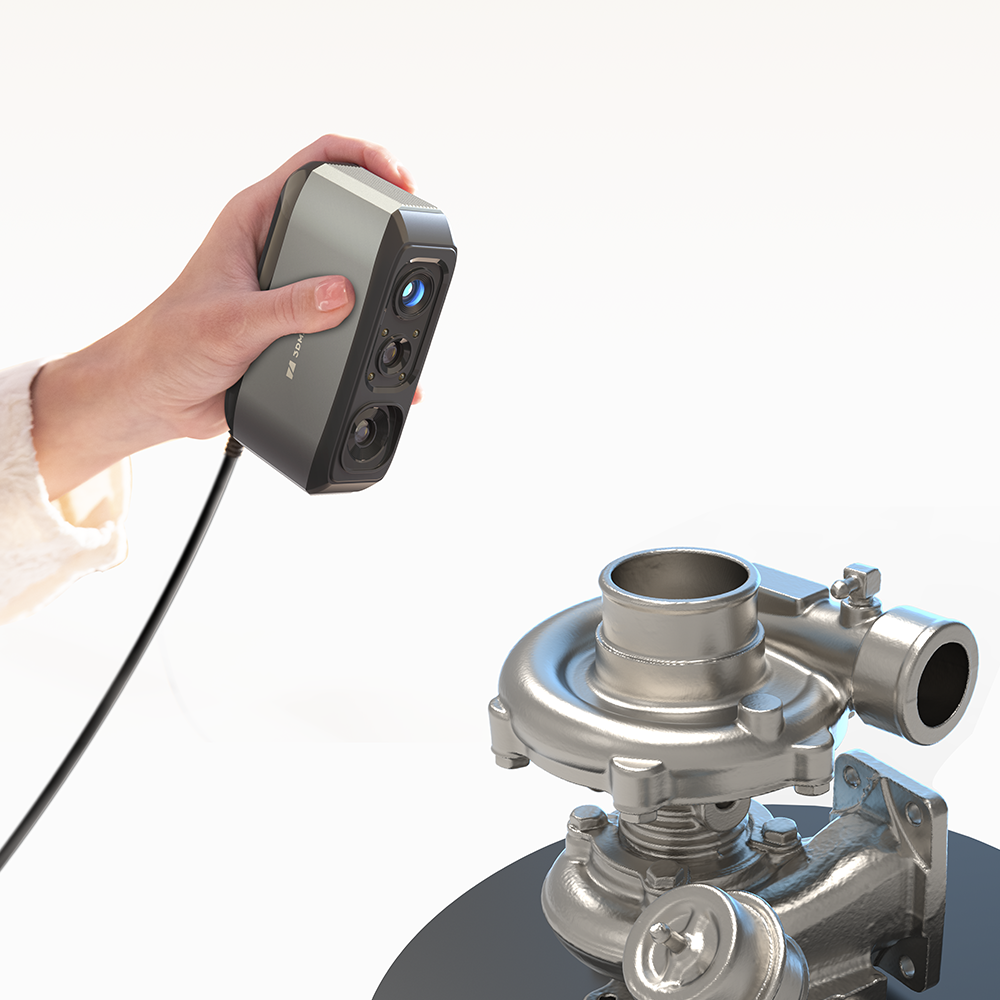
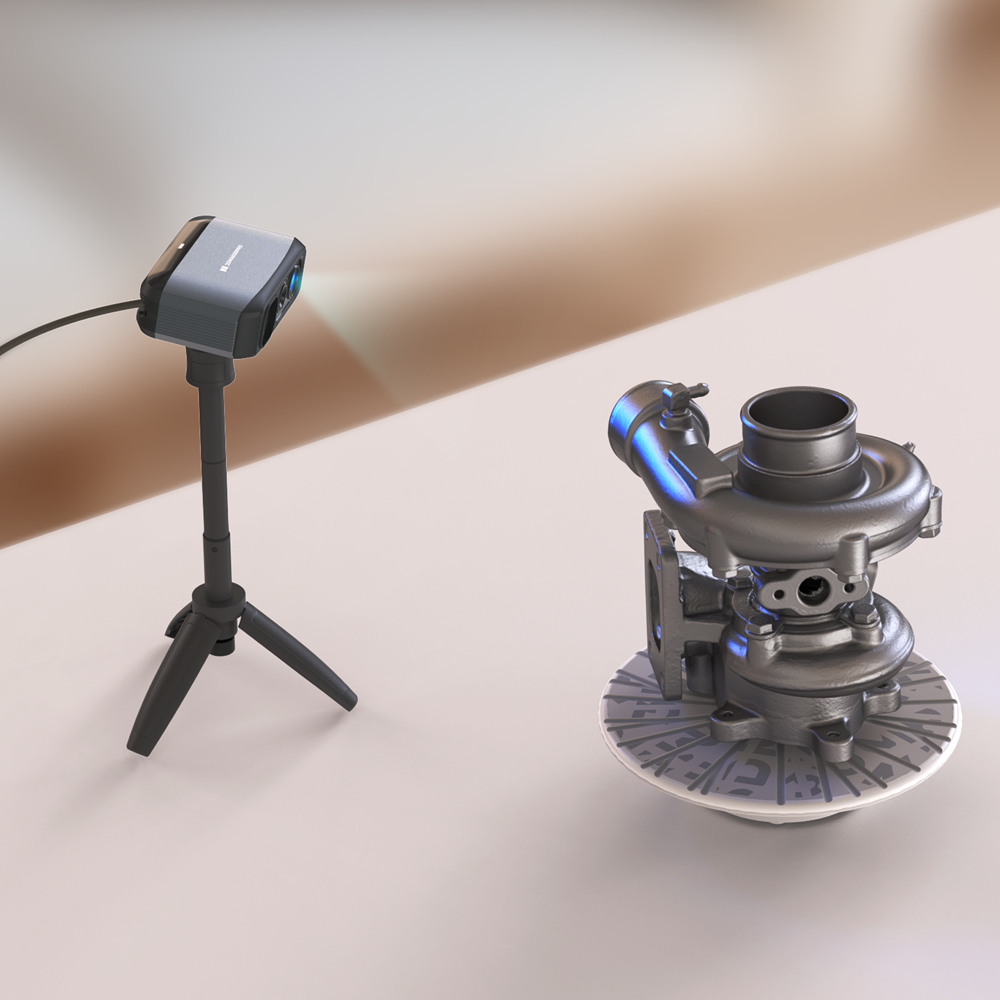

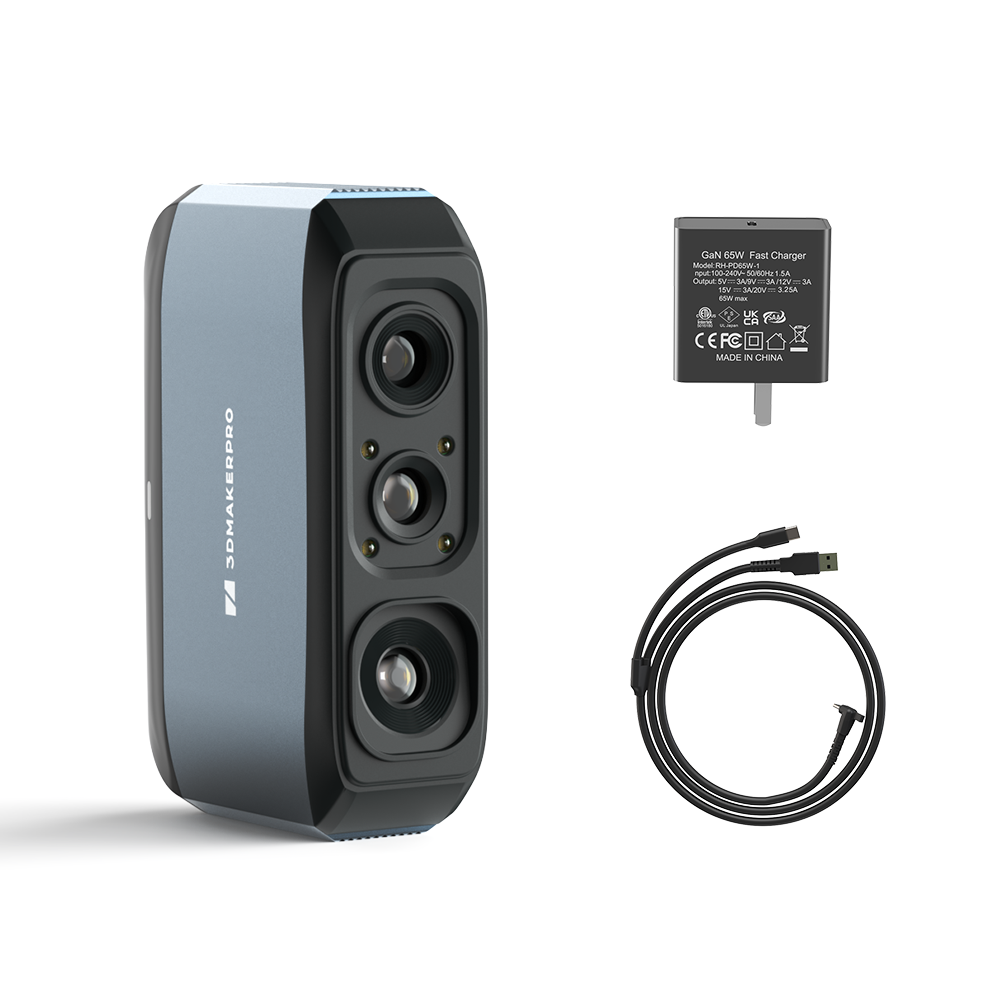
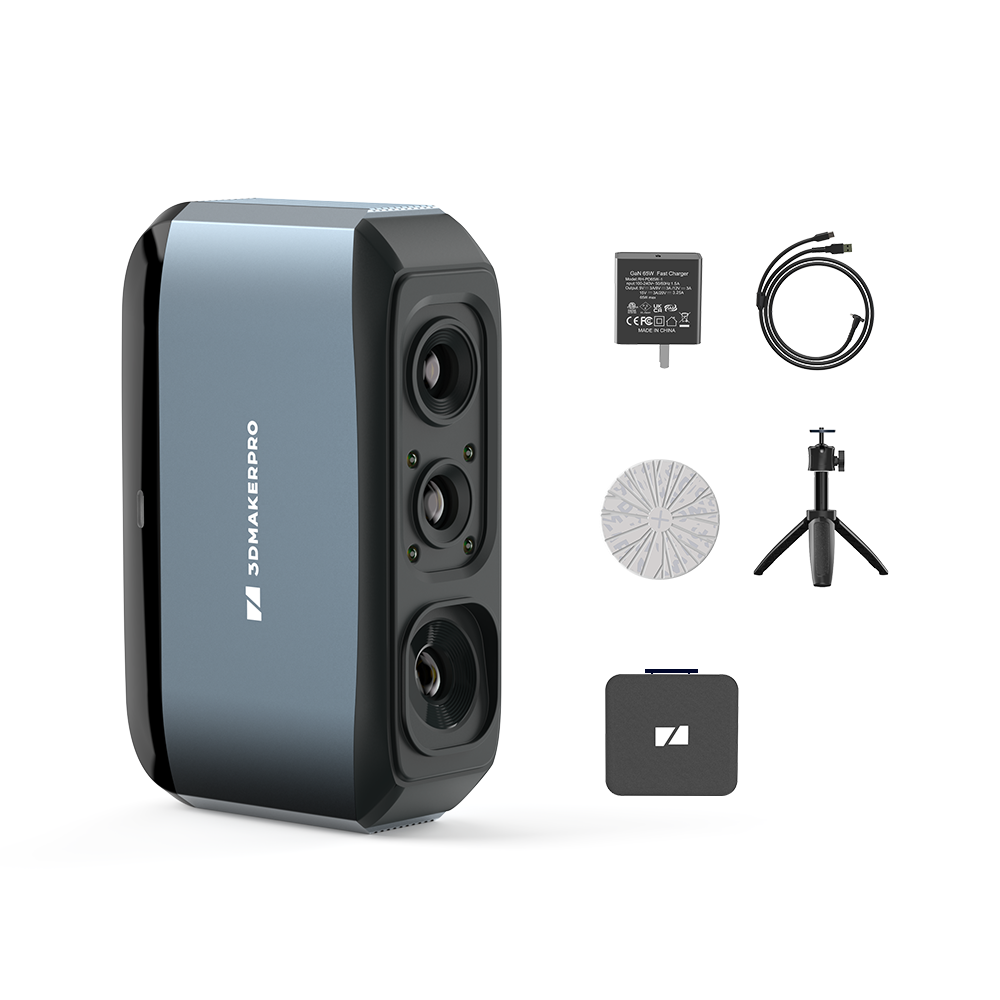
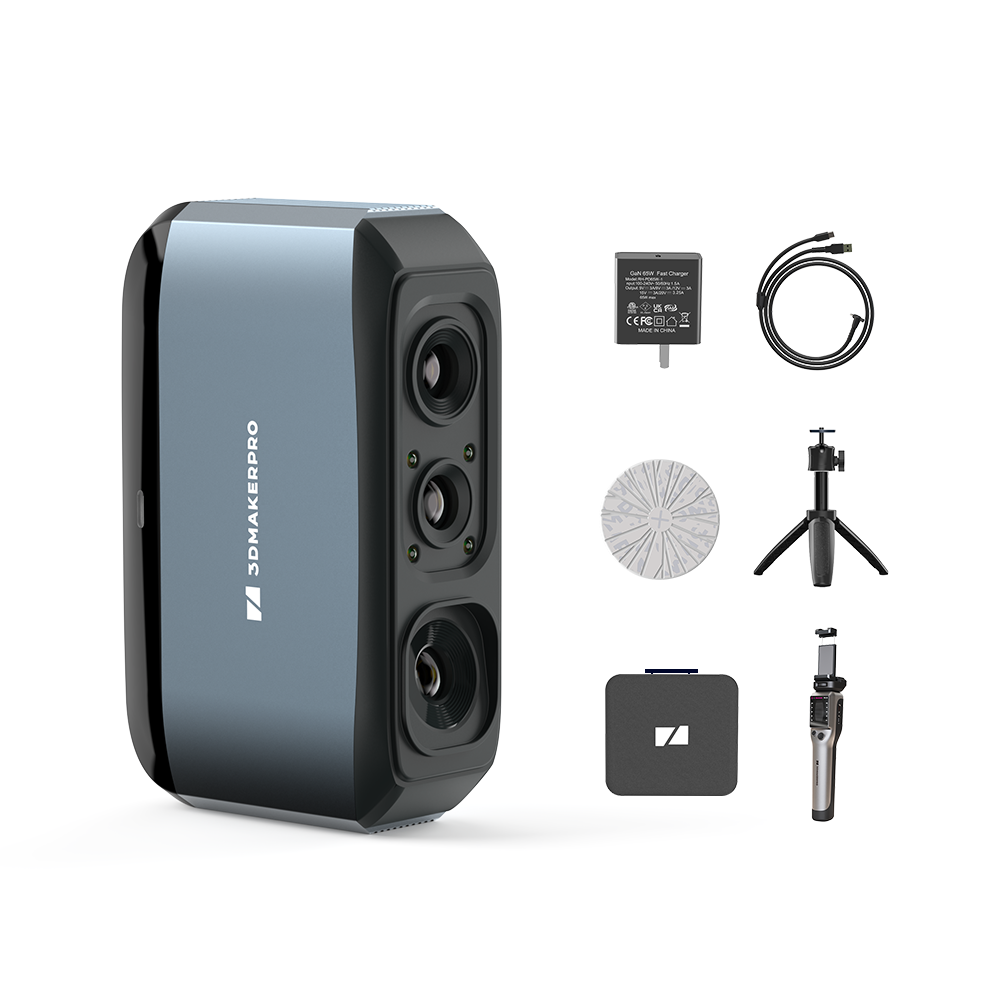
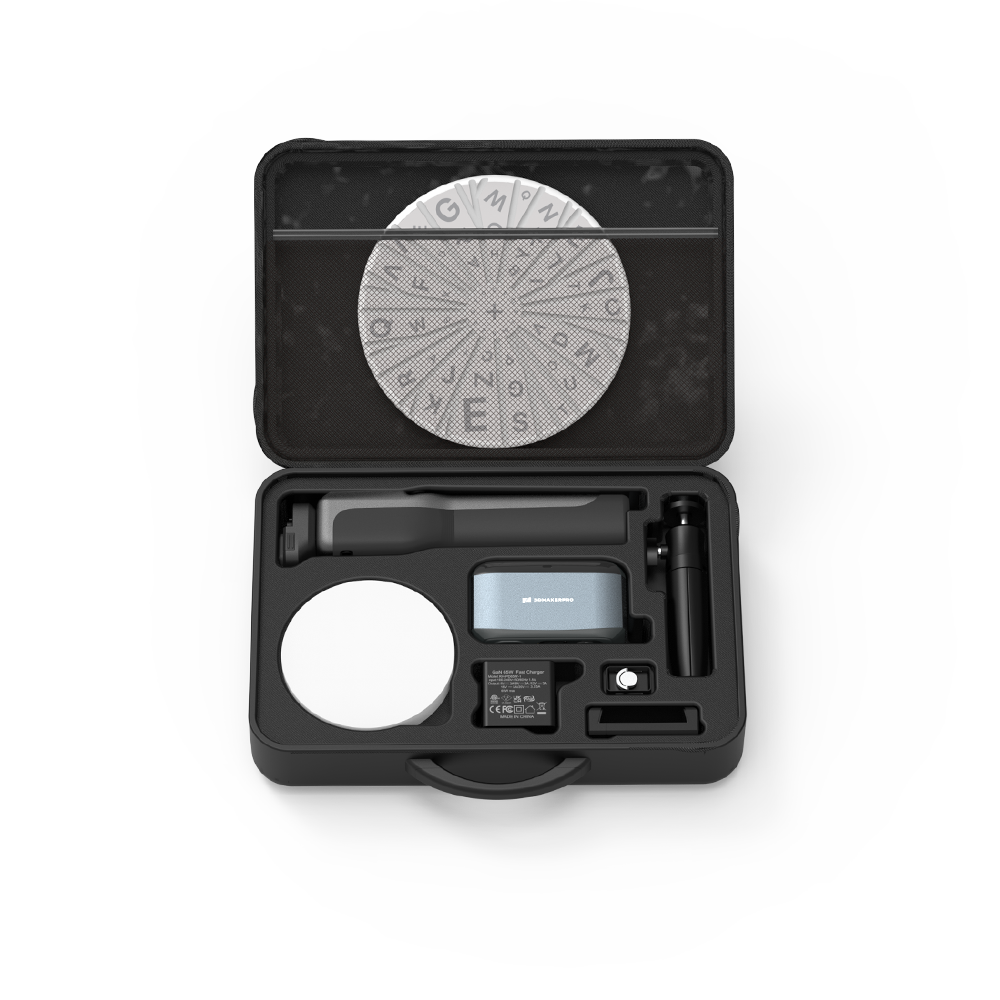
Scanner 3D d'orignal
